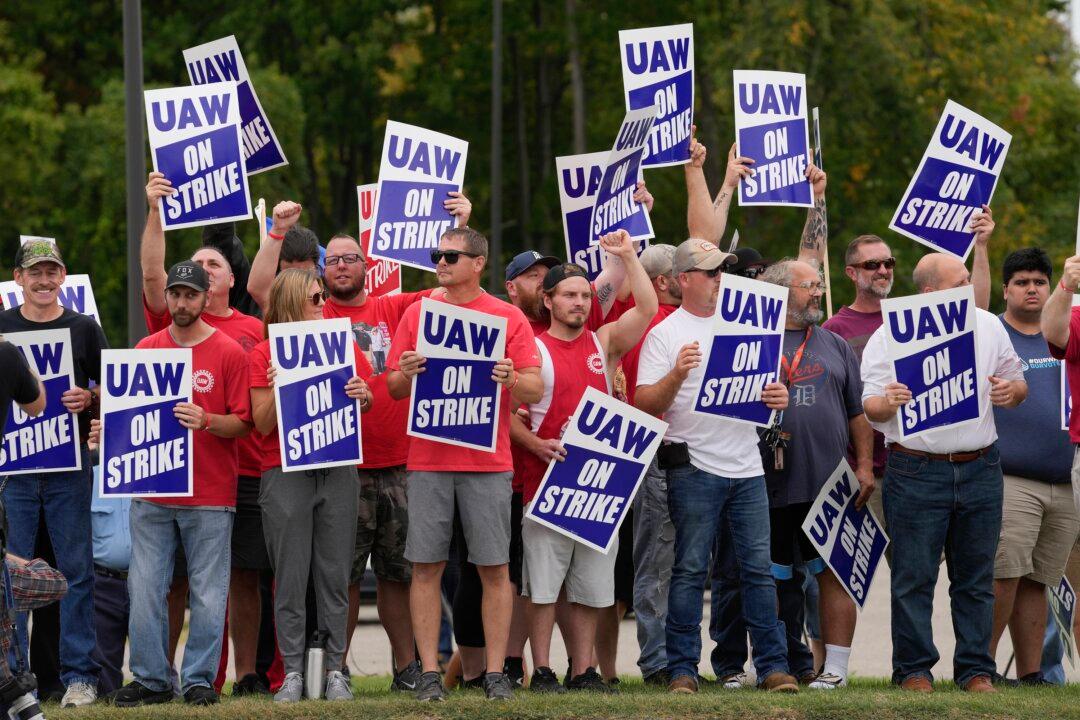Commentary
If you trusted only what you’ve been reading in the news lately, you would imagine that big labor in the United States has lifted off into a resurgence of historic proportions. The United Auto Workers (UAW), with a long history of friendliness toward socialism, struck its way to a lavish deal with the Big Three automakers, and in the wake of the contracts, the UAW motto seems to be: “Today Detroit, tomorrow the right-to-work workforce.”





